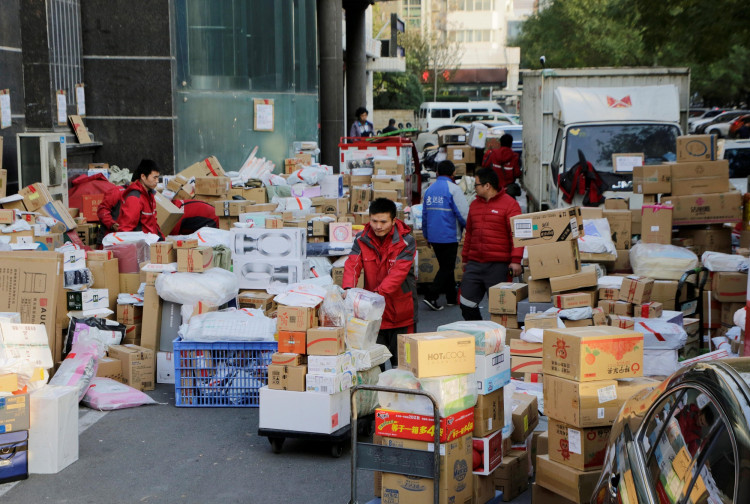Chinese e-commerce giant JD.com managed to rake in more than 269.2 billion yuan or roughly $38 billion worth of sales during its annual "618" online shopping event. The number of transactions on its e-commerce platforms underscored the pent up demand from consumers in the country, which had been locked down for months after the coronavirus pandemic broke out earlier in the year.
The company's annual shopping event, named as such because it falls on June 18, is its answer to Alibaba's November 11 Singles Day shopping festival. The event was particularly important to the company and the country as it marks the first major online shopping sales event since the start of the pandemic.
The event has been pegged by some as a good barometer to gauge consumer appetites and spending during these trying times. Some analysts were not expecting much from the event as most believed that consumers likely wanted to hold off on making unnecessary purchases given the global economic situation.
However, JD.com managed to surprise analysts after reporting a 33 percent increase in sales this year when compared to its sales in pre-pandemic 2019. Industry experts had pointed out that the surge in sales may also be attributed to a consumer shift to online shopping, with most preferring to buy their goods from e-commerce platforms as opposed to brick-and-mortar stores.
According to JD, imported goods remained to be the most popular amongst customers on their platform. Chinese consumers mainly bought luxury products and consumer electronics from brands such as Apple and Sony. Around 70 percent of the company's new customers during the event reportedly came from lower-tier cities.
For this year's event, JD went all out and splurged on its spending to support merchants. The company reportedly provided around 10 billion yuan or $1.4 billion in subsidies, which were then used to give consumers massive discounts and coupons for select items. JD also invested heavily in promoting the so-called live-streaming e-commerce on its platform. For three weeks, sellers held more than 300,000 live-stream events and allowed customers to buy and interact with them directly.
The chief executive of JD Retail, Xu Lei, pointed out that sales of daily necessities and fresh produce remained strong throughout the event. However, the company did see a decline in home appliance sales during this year's event. Xu stated in an interview that the poor home appliance sales are likely a result of the weakness in the country's property market.
Last week, JD's shares prices surged by more than 3.5 percent after it made its debut in Hong Kong. The company also managed to raise more than $3.9 billion during its secondary listing.





